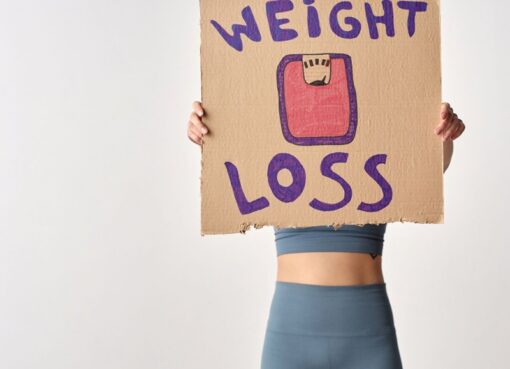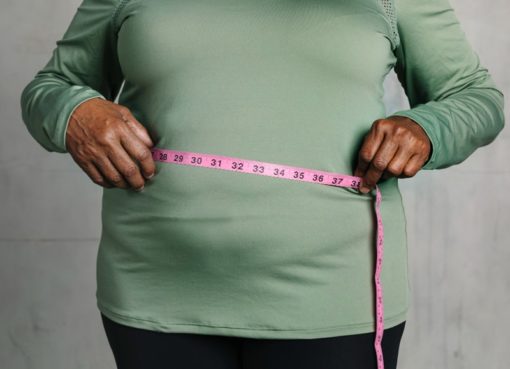Losing weight can be a challenging journey, and for many women, it’s even more difficult. Despite their best efforts to exercise regularly and maintain a healthy diet, some women still struggle to shed those extra pounds. By understanding the unique challenges faced by women, we can work towards creating more inclusive health solutions that cater to everyone’s needs. In this article, we explore the science behind why it’s harder for women to lose weight.
Hormonal Changes
One of the primary reasons why women struggle with weight loss is hormonal changes that occur throughout their lives. For example, during pregnancy or menopause, estrogen levels fluctuate significantly, leading to weight gain in many cases. Additionally, thyroid imbalances and polycystic ovary syndrome (PCOS) can also make it harder for women to lose weight. Because hormones play a role in the way our bodies store and process fat, any changes to our hormones can cause weight gain.
Metabolism Differences
Men typically have a higher metabolism rate than women due to their larger muscle mass and lower body fat percentage. This means that men burn more calories at rest than women do. As a result, even if both genders follow the same diet and exercise regimen, men are likely to lose weight faster than women. This also explains why men have an easier time maintaining their weight than women do. Therefore, seeking professional help for women’s weight loss in Spokane can go a long way in helping them achieve their desired results and make the weight loss journey easier.
Different Stress Responses
Stress has been shown to play a significant role in weight gain, especially for women. When under stress, the hormone cortisol is released, which can cause cravings for unhealthy foods and disruptions in eating habits. This can lead to further weight gain as well as increased difficulty in losing it. Additionally, women are more prone to emotional eating than men and may be less likely to cope with stress in a healthy manner. So knowing how many calories should a woman eat daily to lose weight and how to use it in maintaining the diet is very important.
Social and Cultural Factors
Women often face social pressures that can impact their ability to lose weight. For example, societal expectations around body image can lead to unrealistic standards that are difficult for many women to achieve. In addition, diet culture, or the idea that certain diets are the only way to lose weight, can be harmful and restrictive. This kind of thinking may lead women to pursue extreme measures in order to lose weight, which is not sustainable or healthy.
To Sum Up
There are several reasons why it’s harder for women to lose weight. While these challenges may seem overwhelming at times, there are steps that women can take to improve their chances of success when it comes to weight loss. A professional healthcare provider can help in determining the best course of action for a successful weight loss journey. Thanks for reading.





